Acting Taliban PM calls for official recognition of government in Afghanistan
The Taliban's acting prime minister in Afghanistan has called on the international community, particularly Muslim nations, to officially recognize the Taliban government, amid a worsening economic crisis that has plagued the country.
Mullah Hasan Akhund made the appeal during a news conference in Kabul on Wednesday, in his first major appearance since assuming the role in September.
"I ask all governments, especially Islamic countries, that they should start recognition," Akhund said, stressing that all conditions had been met.
He blamed the country's growing economic crisis on the freezing of billions of dollars of its assets during the event, which was also attended by United Nations officials to discuss easing existing financial restrictions on Afghanistan.
"Short-term aid is not the solution; we must try to find a way to solve problems fundamentally," Akhund said.
Speaking at the news conference, the UN special envoy for Afghanistan, Deborah Lyons, said Afghanistan's economic crisis was a serious problem that needed to be addressed by all countries.
"The United Nations is working to revitalize Afghanistan's economy and fundamentally address Afghanistan's economic problems," she said.
Afghanistan's acting foreign minister, Amir Khan Muttaqi, who was also present at the event, said the Taliban administration was seeking economic relations with the international community.
"Humanitarian aid is the short-term solution to economic problems; but what is needed to solve problems in the long run is the implementation of infrastructure projects," he said.
Afghanistan is grappling with its worst humanitarian crisis, as the United States seized nearly $9.5 billion in assets belonging to the Afghan Central Bank after the Taliban took power in August 2021. The Taliban have repeatedly called for the release of the assets, but Washington has rebuffed the call.
Many of the US's allies and Western governments have also largely suspended their financial assistance to Afghanistan since the Taliban took power. Aid agencies and the UN have estimated that more than half of Afghanistan's 38 million population is expected to face hunger this winter.
The Taliban, who had previously ruled Afghanistan from 1996 to 2001, took power again on August 15 as the US was in the middle of a chaotic troop withdrawal. The group announced the formation of a caretaker government on September 7. No country has yet recognized their rule. Since then, the Taliban have been struggling to contain a deepening economic crisis.
However, their efforts to stabilize the situation have so far been undermined by international sanctions, as banks are running out of cash and civil servants are going unpaid.
Back in December last year, the UN Security Council unanimously adopted a US-proposed resolution to help humanitarian aid reach Afghans, while seeking to keep funds out of Taliban hands. That resolution was welcomed by the Taliban authorities as a "good step."
The Taliban have warned Western diplomats that insisting on sanctions as a means to pressure their governance could undermine security and trigger a wave of economic refugees.
The UN's special representative for Afghanistan has already warned that the country is "on the brink of a humanitarian catastrophe" and that its collapsing economy is heightening the risk of terrorism.
3,500 Iranian cultural, media figures support Leader amid Trump’s threats
Hezbollah chief: New US-Israeli war on Iran will set entire region ablaze
UAE says will not allow its airspace, territory to be used for attacks on Iran
VIDEO | Press TV's news headlines
‘Regime-change’ lobbyist cited as Time source on Iran’s riot death toll
US bishops urge ‘respect for life’ as anger swells over ICE killings in Minneapolis
US systematically paralyzing international institutions, Iran tells APA session
Iranian Embassy condemns Israeli airstrikes in southern Lebanon


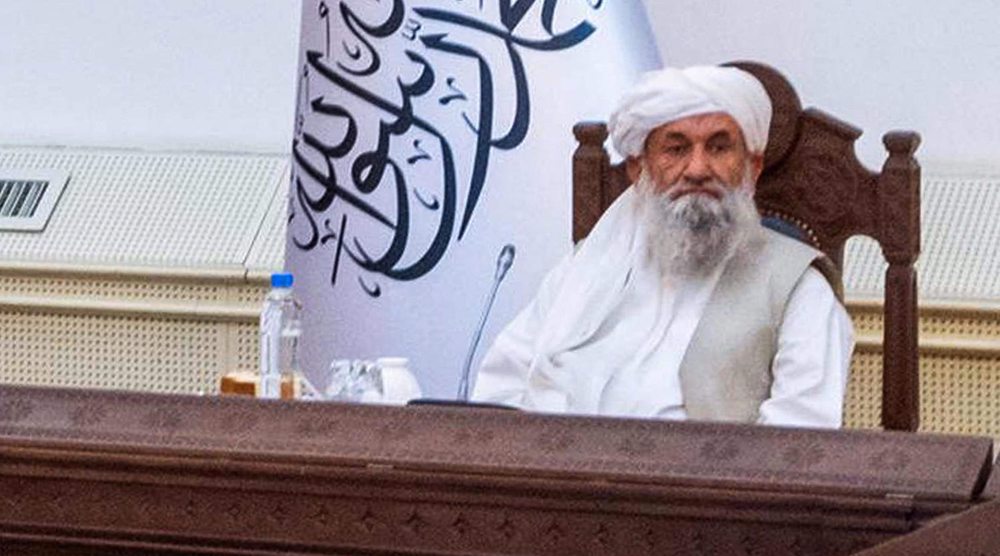
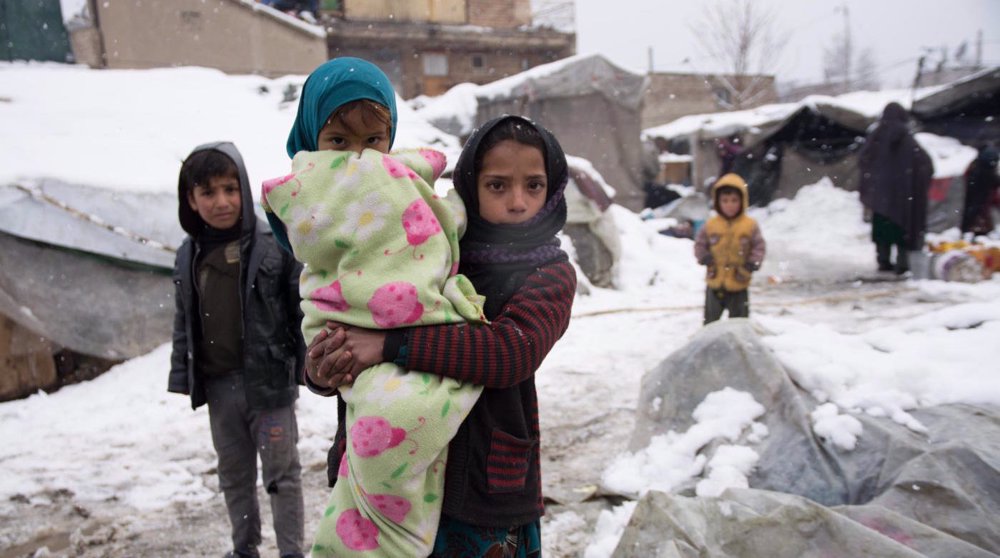
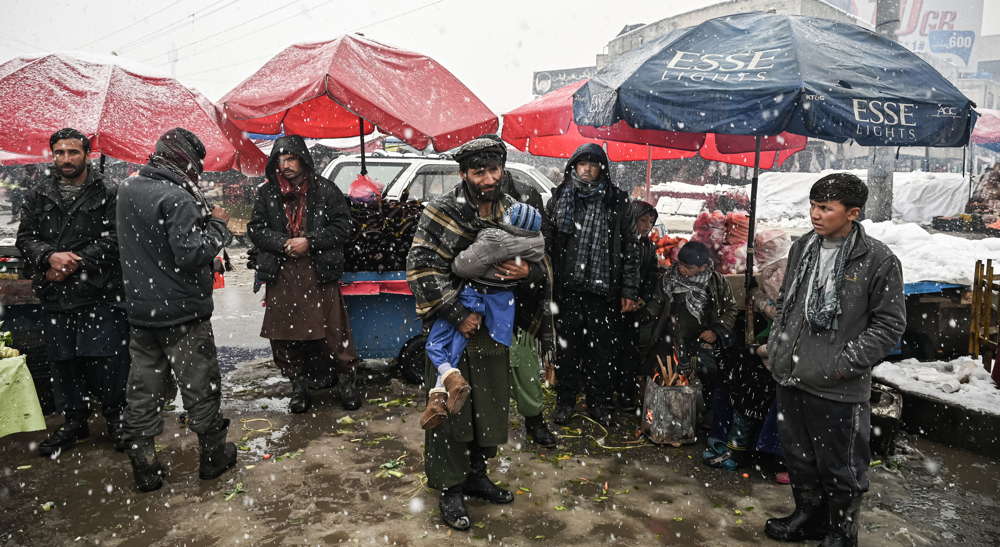
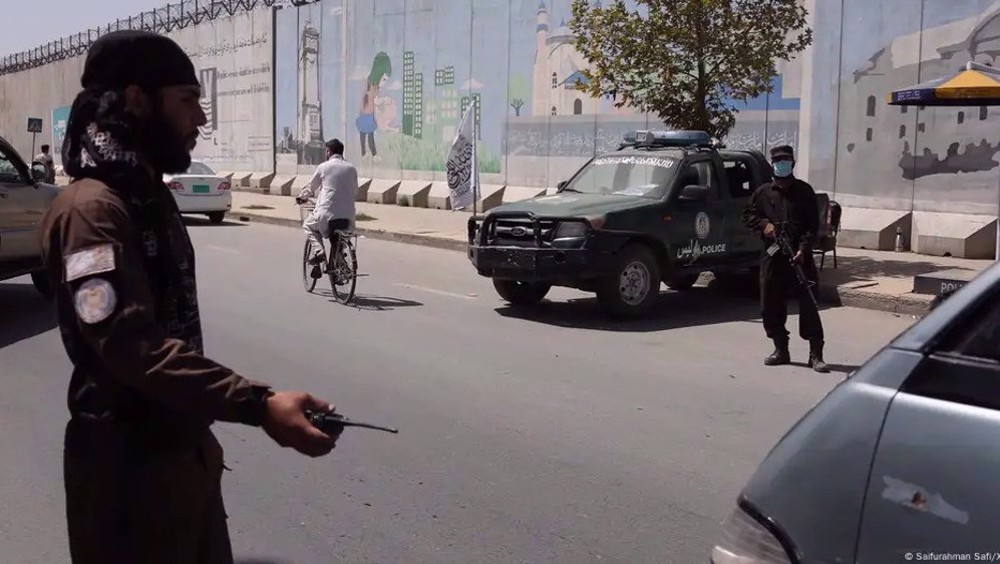
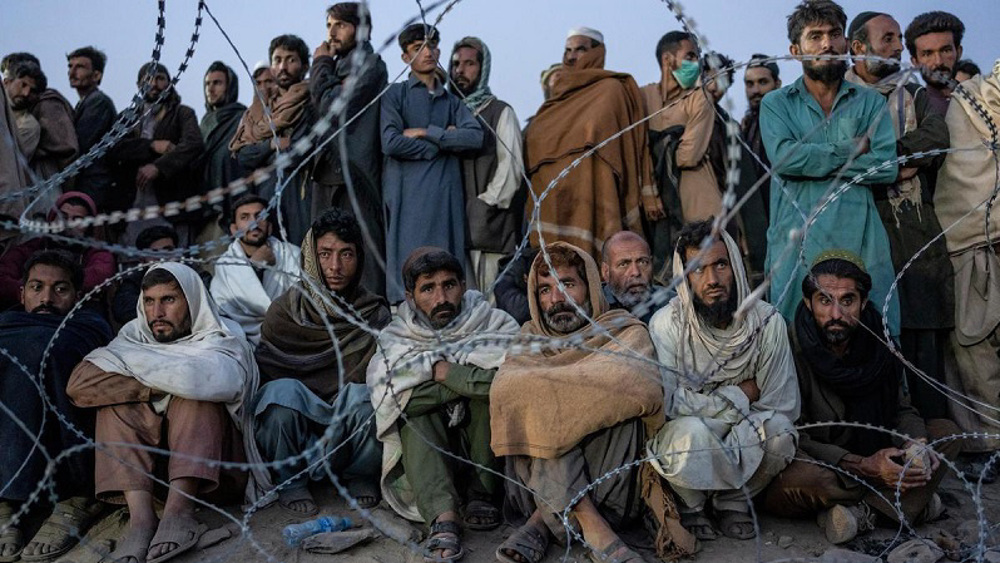




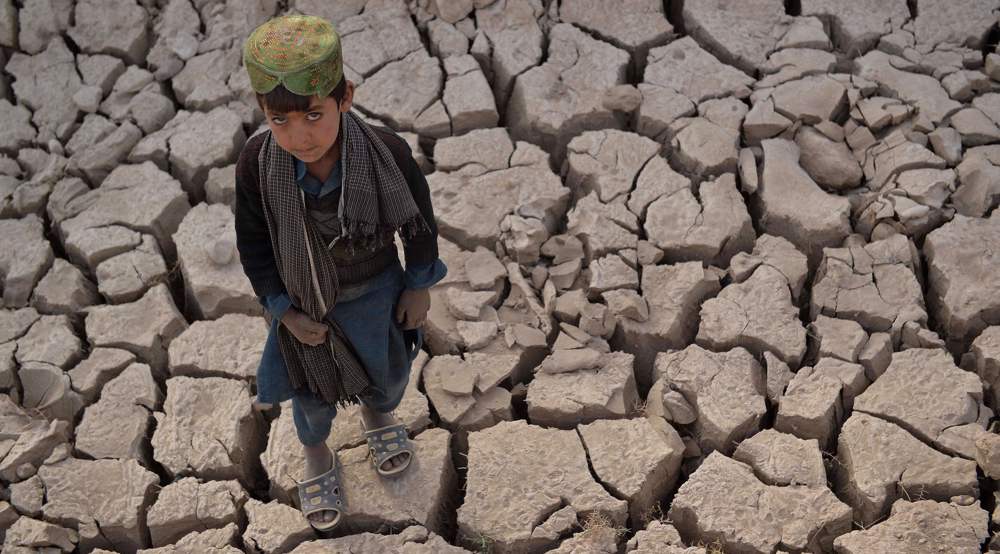

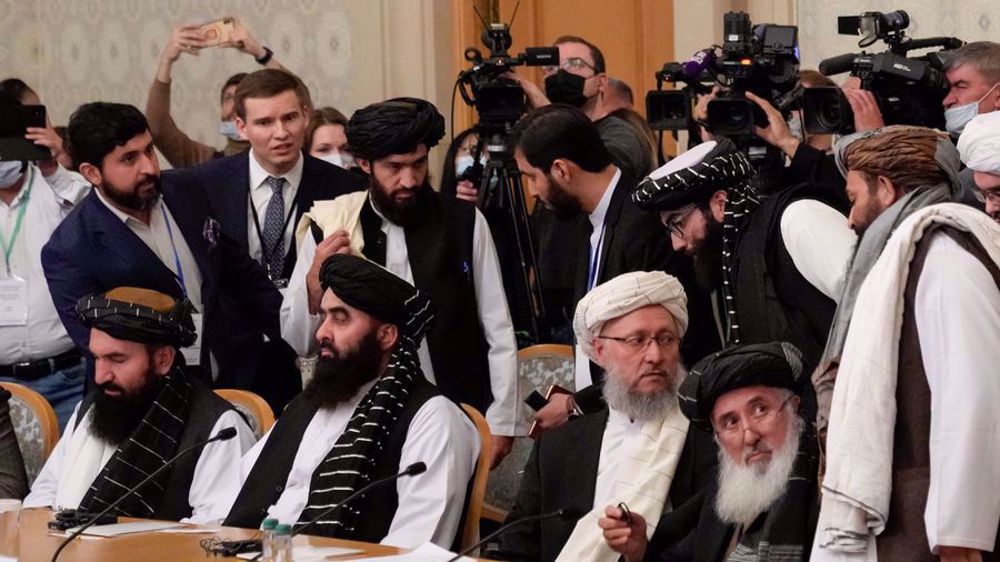

 This makes it easy to access the Press TV website
This makes it easy to access the Press TV website